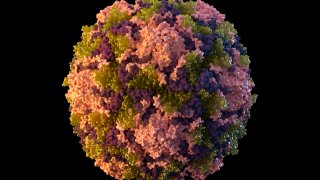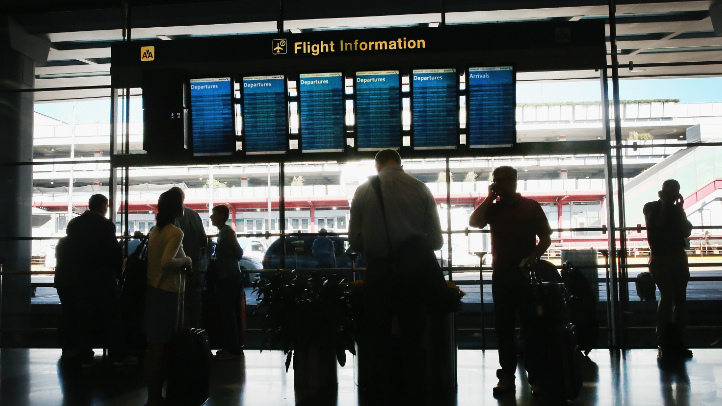
The Chicago Department of Public Health announced that the city's wastewater surveillance program will expand to begin testing for poliovirus, with samples collected from reclamation plants that serve Chicago and the surrounding suburbs.
While no case of polio has been identified in Chicago or Illinois at this time, city health officials said the expansion is a proactive measure to increase capacity to detect and respond to case of the virus.
The preventative measure is likely in response to the detection of polio in city wastewater samples in New York in July 2022.
Further wastewater testing indicated that the virus was present in several counties with a low polio vaccination rate, indicating that polio was likely circulating among the local communities.
Feeling out of the loop? We'll catch you up on the Chicago news you need to know. Sign up for the weekly Chicago Catch-Up newsletter here.
While city health officials said that wastewater testing cannot reveal who is infected or how many people are infected, it can assist other data and surveillance methods used to prevent spread of the virus.
Officials later added that not every detection of poliovirus will be cause for concern.
"However, if specific strains of poliovirus are found in communities that have low vaccination rates, it can spread among unvaccinated individuals, putting them at risk for becoming infected and developing polio. Anyone who is unvaccinated or incompletely vaccinated is at risk for developing paralysis if infected with poliovirus," a statement from the Chicago Department of Health said.
Local
CDPH Deputy Commissioner Massimo Pacilli said that while polio was eradicated in the U.S. in 1979, last year's detection in New York highlights the importance of rapid detection to stem any potential future outbreaks.
Polio could lead to permanent paralysis of the limbs and is potentially fatal due to paralysis of muscles used to breathe or swallow.
According to Chicago health officials, most people infected with the virus will not experience any symptoms, while some will experience flu-like symptoms.
One in 25 people who get infected with poliovirus will contract meningitis, while one in 200 people infected will become paralyzed, Chicago health officials said in a statement.
City health officials reiterated that the risk of contracting poliovirus in the U.S. is extremely low, as most people are vaccinated against the virus in their childhood, providing protection against serious illness, including paralytic polio.
Research suggests that people who are vaccinated against poliovirus as children are likely protected through adulthood, Chicago health officials said.



